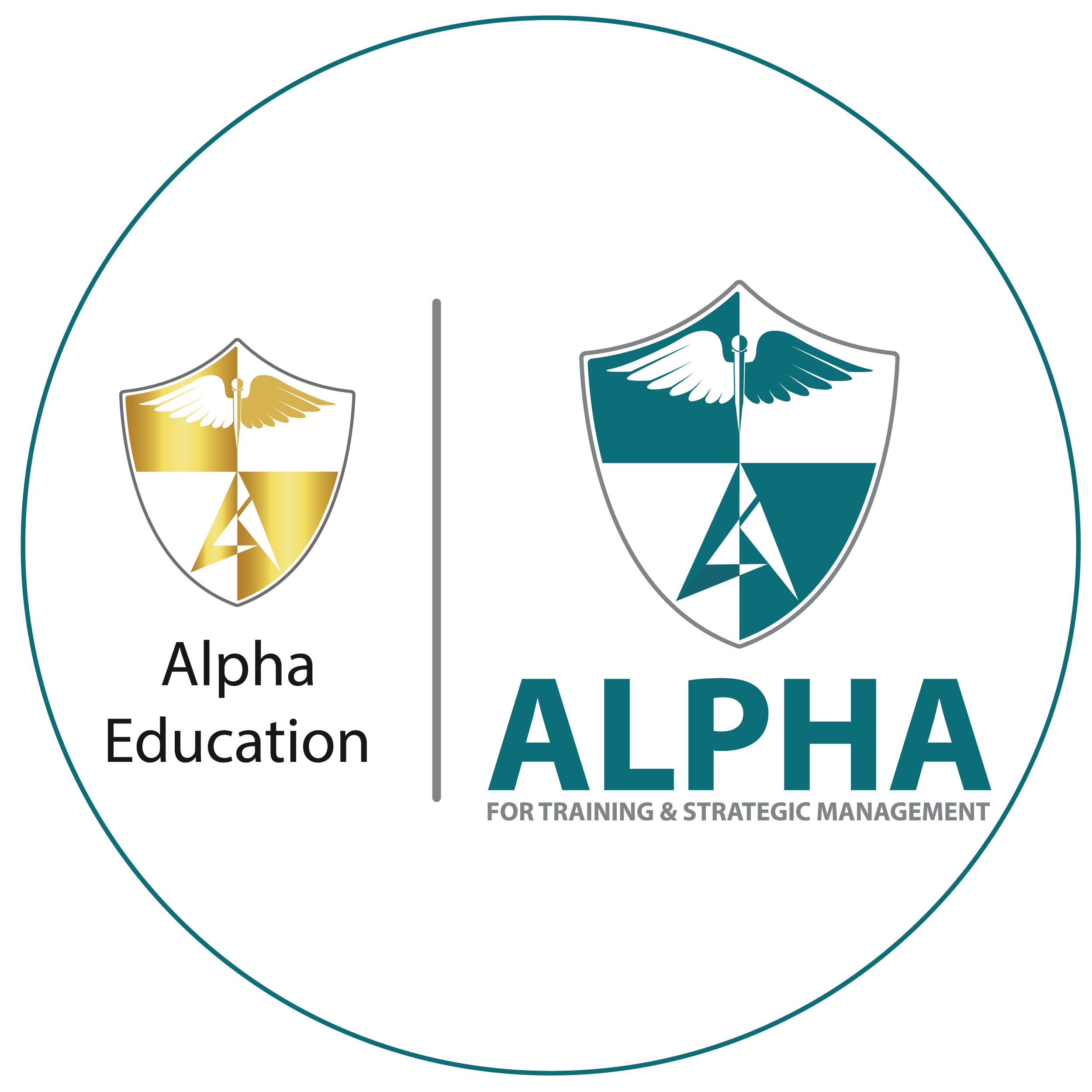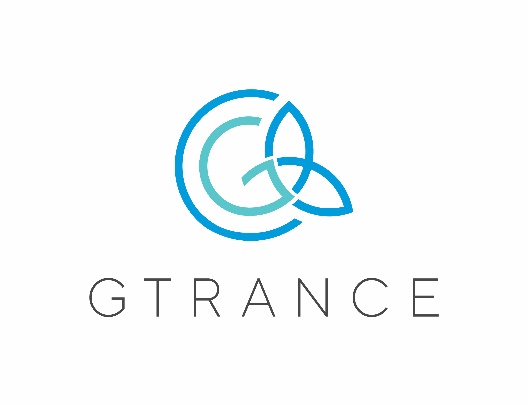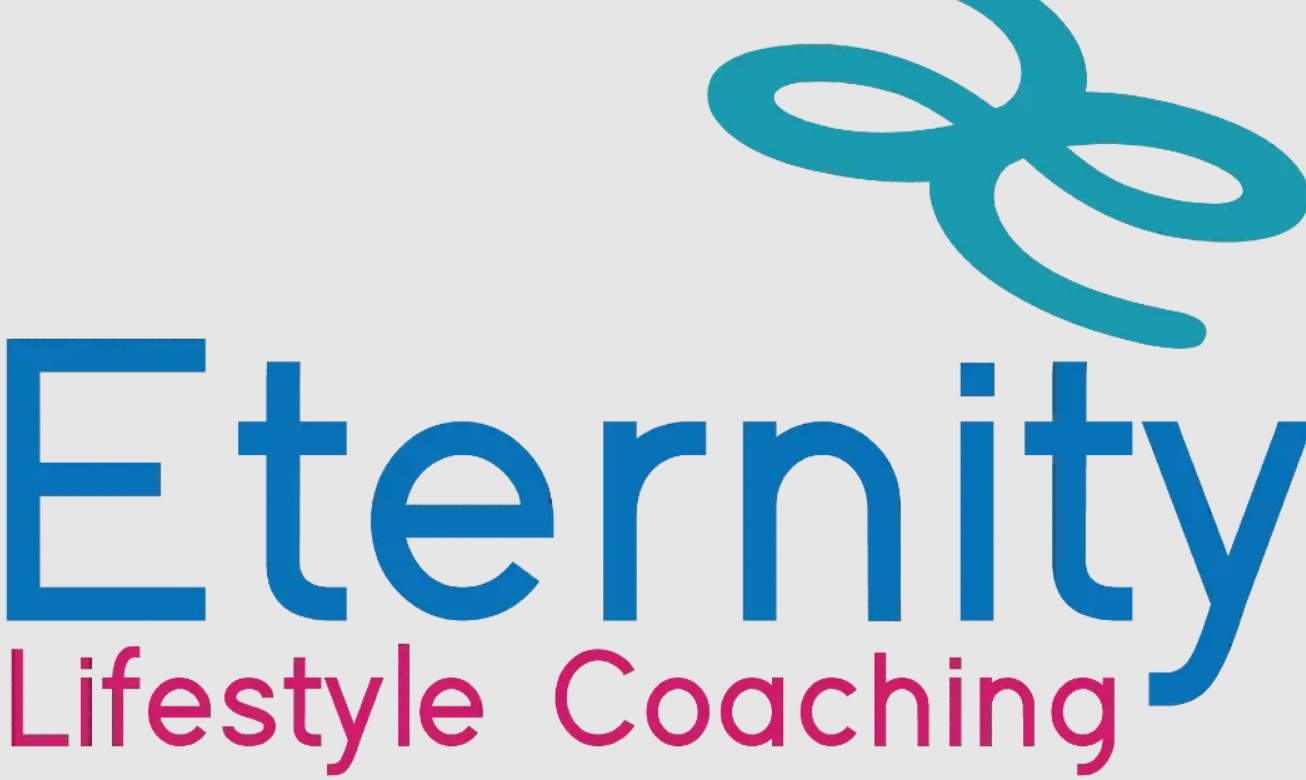This course is aimed to enhance the pain management knowledge of healthcare professionals to; develop a care plan tailored to the patient’s needs, manage both chronic and acute pain, and implement new techniques in pain management.

Pain management is an aspect of medicine and health care involving the relief of pain in various dimensions, from acute and simple to chronic and challenging. Most physicians and other health professionals provide some pain control in the normal course of their practice, and for the more complex instances of pain, they also call on additional help from a medical specialty devoted to pain.
Effective pain management does not always mean the total eradication of all pain. Rather, it often means achieving adequate quality of life in the presence of pain, through any combination of lessening the pain and/or better understanding it and being able to live happily despite it.
This course is aimed to enhance the pain management knowledge of healthcare professionals to; develop a care plan tailored to the patient’s needs, manage both chronic and acute pain, and implement new techniques in pain management.
Course Objectives:
At the end of this course the participant will be able to:
List the theories of pain from old to modern.
Explain the physiology of pain.
List the types & classifications of pain.
Discuss the general pain management challenges, as well as methods used for pain management.
Explain the body's response to pain, physiologic as well as psychologic.
Discuss pain assessment elements in history and co-morbidities.
List the pain assessment tools used and to which age is it used.
Explain different methods of non-pharmacologic pain management.
List the non-pharmacologic pain management methods.
List the non-pharmacologic pain management methods used by development level (age).
Explain pharmacologic pain management.
Differentiate between pharmacologic & non-pharmacologic pain management.
List the common medications used in pain management.
List the adverse events & side effects of pain medications.
Explain controlled medication handling inside a healthcare facility.
List the special cases of pain & special populations.
Discuss different types of headaches.
Explain about low back pain and pharmacologic & non-pharmacologic treatments for low back pain.
Explain dental pain & dental pain management.
Explain sickle cell disease pain, assessment, and treatment.
Explain the common causes of abdominal pain.
Explain renal colic; symptoms, risk factors, & treatment methods.
Discuss pain in the elderly, and describe the medication safety guidelines in the elderly
Discuss pain associated with pregnancy, and pregnancy pain management.
List different types of pain in other populations including; obese patients, chronic patients experiencing acute pain, fracture pain, and burn pain.
Identify pain management in cancer patients.
Alpha For Training and Strategic Management (ATSM) was founded with a purpose to bridge the gap between healthcare facilities, healthcare industry and healthcare professionals through education and training.
With an aim to constantly improve the quality of learning method, hands-on training and materials to match the prevailing growth of the healthcare industry.
Why Select ATSM:

Get professional help to break down energy blocks that keep positive healing energy from flowing to certain parts of the body.

Hypnotherapy Training and Certification meets the standards of the American Board of Neuro Linguistic Programming.

The Theta healing techniques will lead you on a self-discovery and self-healing journey. With this method, you will be guided to drift into a deep relaxed, trance-like state to focus your attention on understanding your belief systems, fears

Uncover profound transformation with ThetaHealing Dig Deeper.

Balanced 1 Studio is ISO-certified global wellness company founded by Dr. S. Pujah who is the UAE’s first certified Building Biologist.
© 2025 www.coursetakers.ae All Rights Reserved. Terms and Conditions of use | Privacy Policy